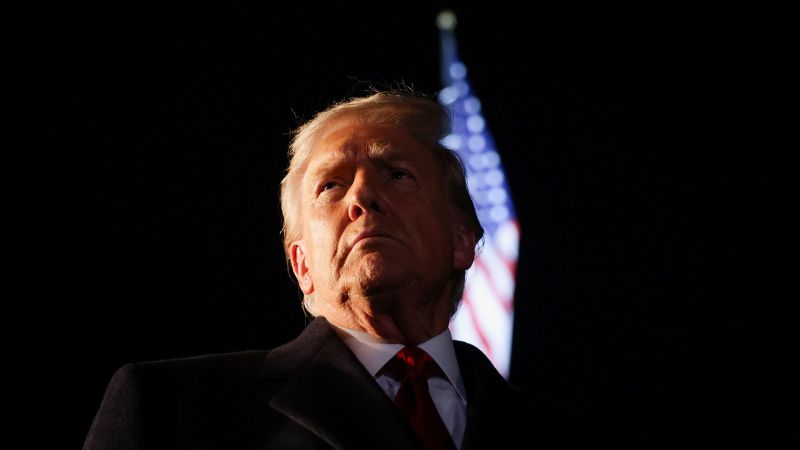
As President Donald Trump continues his Asia tour with stops in Japan and later South Korea, businesses in both economic powerhouses are closely watching to see if his meetings with their leaders will offer more clarity to their trade relations with Washington.
Even though the longtime US allies negotiated tariff rates of 15%, a lower rate than many other countries, the increase from virtually zero has dampened both economies.
Adding to the strain are the massive US investment pledges – $550 billion from Tokyo and $350 billion from Seoul – agreed upon to help secure the tariff reduction. Critics have likened these packages to US extortion, while the details of the agreements remain unclear and implementation plans are still being worked out.
In Japan, exports to the US have posted six straight months of declines by September. Still, the Japanese economy managed to defy economists’ expectations in the second quarter, recording a 1.2% annualized increase in gross domestic product. The question is whether that can continue.
Japanese companies have been lowering prices to maintain customers in the US, according to a research note published this month by Goldman Sachs economists. That’s taken a bite out of their earnings and large manufacturers see that worsening, according to an October survey published by the Bank of Japan.
In South Korea, exports, which make up more than 40% of the country’s GDP, are forecast to slow sharply this year due to Trump’s tariffs, according to government thinktank Korea Development Institute’s resarch in August.
On Tuesday, the South Korean economy reported a better-than-expected growth at 1.2%, according to data from the Bank of Korea. Still, experts warned that the country’s export-reliant economy remains vulnerable to Trump’s trade measures.
President Lee Jae Myung has said South Korea’s final trade deal with the US remains at an impasse as details of the $350 billion investment commitment have yet to be finalized. The recent ICE raid on a massive Hyundai factory in Georgia added additional friction between Seoul and Washington.
“Seoul recognizes its alliance with Washington is essential, but also that it will be subject to continuous negotiation under the Trump administration,” said Leif-Eric Easley, a professor at Ewha Womans University in Seoul. “Not all trade issues will be resolved by APEC summitry as further iterations of both economic and security deals are likely in the months ahead.”


AloJapan.com